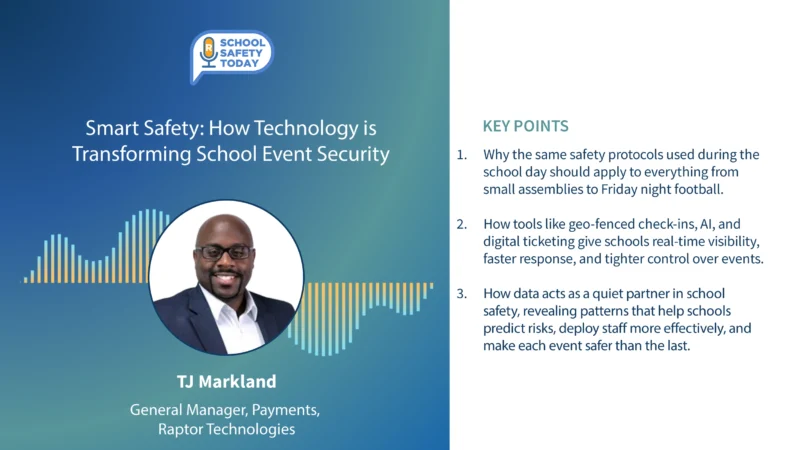To Improve Student Outcomes, Teach the “Why” Behind Every Subject
Learning in the 21st century means taking advantage of cutting-edge AI-enabled technology to positively impact education. Many companies today focus on bringing AI and computer vision technology to improve student outcomes.
Even before the pandemic, companies like Carnegie Learning built solutions through digital platforms to bring technology forward in K-12 classrooms to help students fuel their passions and fulfill their potential. Can these types of collaborative enhancements both simplify a teacher’s day while augmenting what they do in a classroom to make a difference?
That is a question always on Michael Horn’s mind. On his latest episode of The Future of Education, Horn sat down with Carnegie Learning’s CEO, Barry Malkin. The two spoke about the evolution in education technology and how Carnegie Learning transformed itself from its core offering, mathematics, to its robust solutions today.
“We’ve evolved quite a bit,” Malkin said of Carnegie Learning. “We first started out as a technology company. We moved into curriculum. And then we also moved into services. “Those are the three legs of our business today.”
On this episode, Horn and Malkin discuss…
● Carnegie Learning’s expansion into the K-5 market
● Teaching the Why’s behind math
● The importance of personalizing the learning experience to help students fulfill their potential and improve student outcomes
“What’s happening in math education way too often is that students are placed in below grade- level content because they are struggling with some component of on-grade-level material,” Malkin said. “Unfortunately, when you take a student and put them two or three grade levels behind, it could be a life sentence for being behind in mathematics forever. And so, we try to remediate the specific skills they are struggling with.”
Barry F. Malkin is the CEO of Carnegie Learning, a leading provider of K-12 education technology, curriculum, and professional learning solutions. Mr. Malkin earned his Bachelor of Science from American University in Washington D.C. in 1991 and his MBA from New York University’s Leonard N. Stern School of Business in 1996. Malkin has been an active operator, investor, and advisor to the educational services sector for over 20 years. Prior to assuming the role with Carnegie Learning, Mr. Malkin was Head of Corporate Development and Strategy at Apollo Education Group. Mr. Malkin joined Apollo Group in June 2009, heading corporate development and strategy for one of the world’s largest educational services companies. In addition to his professional responsibilities, Mr. Malkin has been interviewed by national media outlets, served as a panelist and speaker at educational conferences across the country and was instrumental in the establishment of the XPrize Global Literacy Prize.




